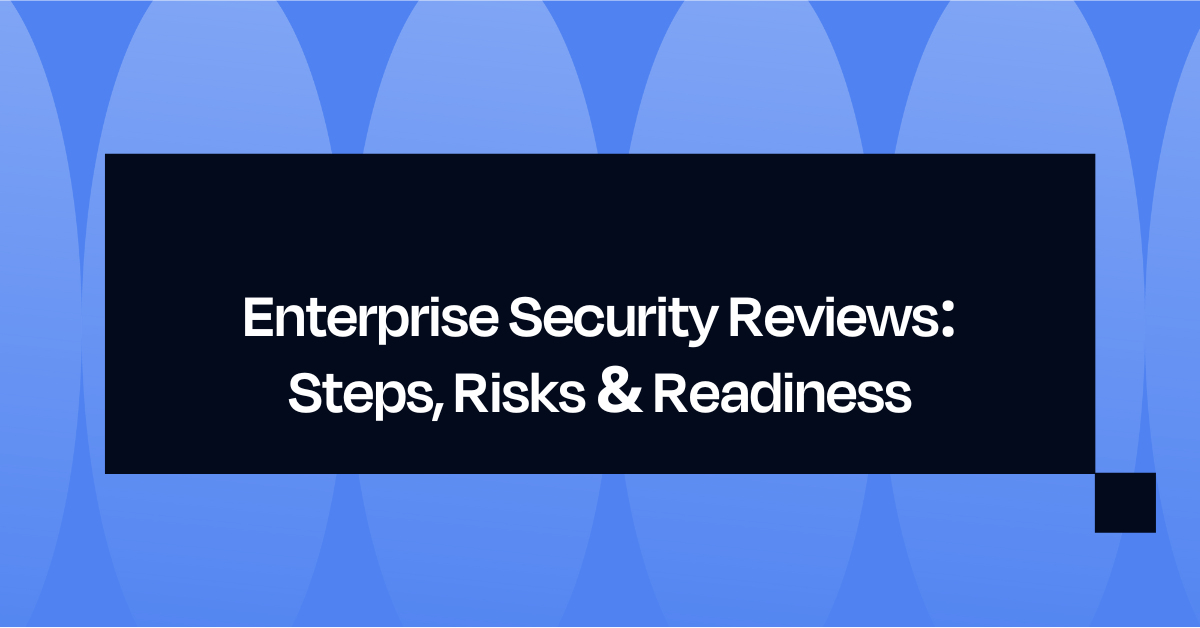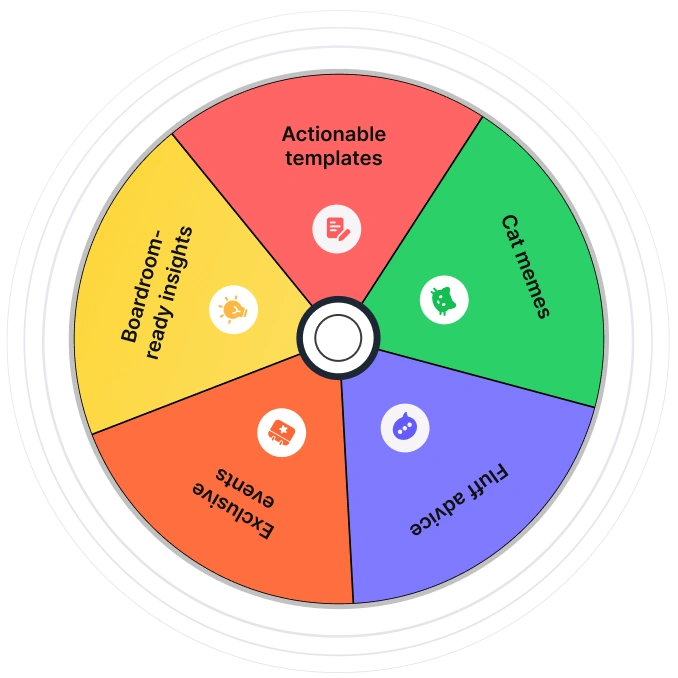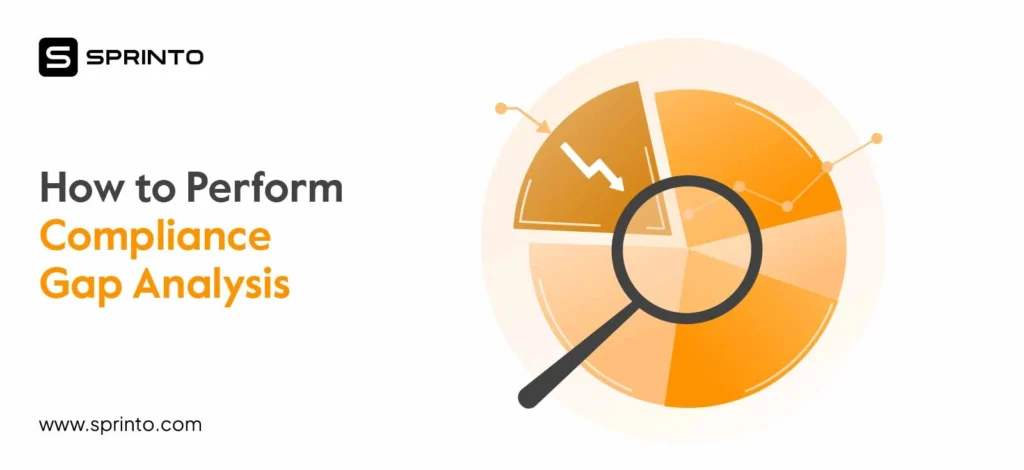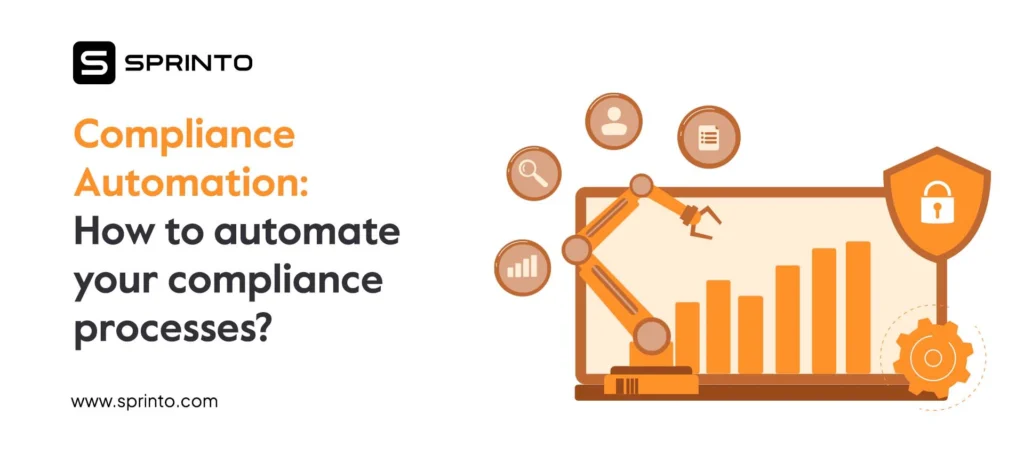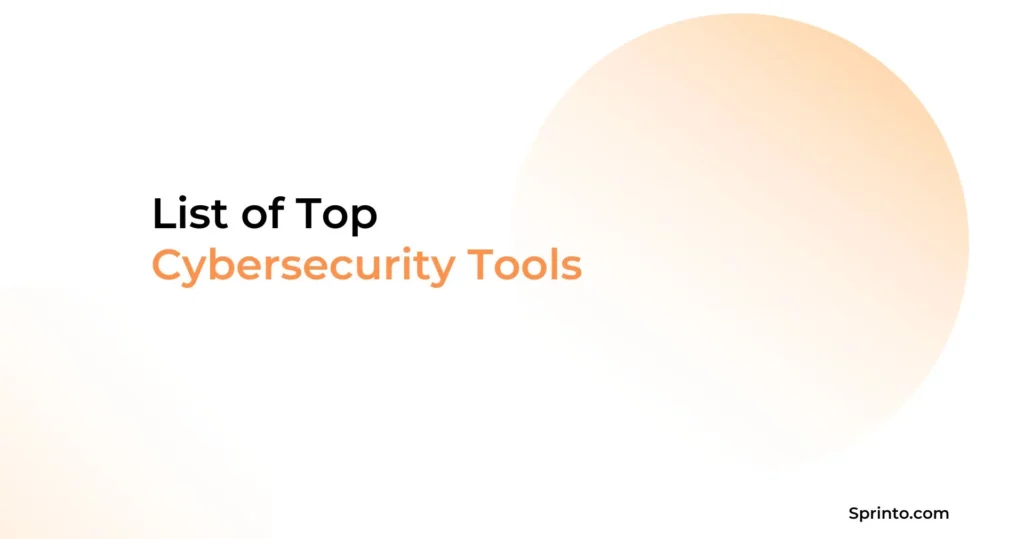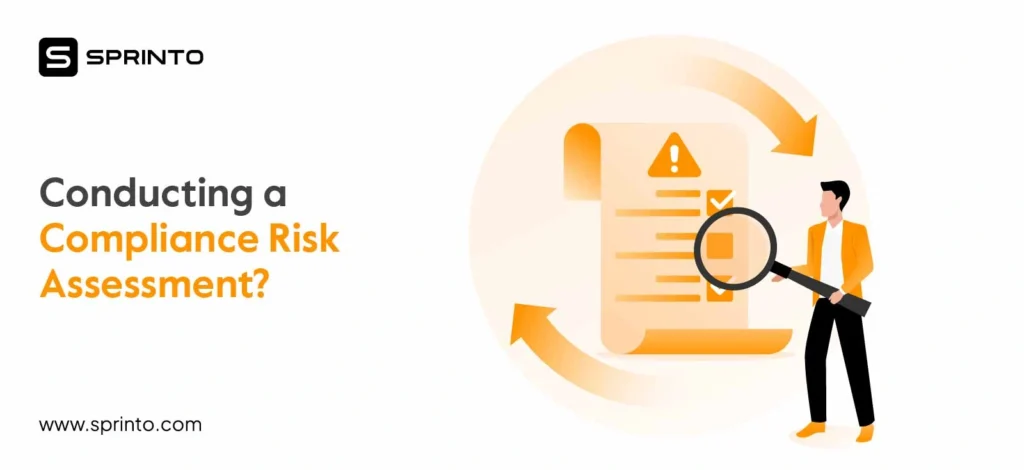When startups engage with enterprise prospects, the initial conversations often revolve around features, pricing, and value propositions. However, lurking in the background is a critical factor that can make or break the deal: security.
A recent study found that 73% of fintech startups fail within their first three years due to preventable regulatory compliance issues. This only indicates one thing—startups that aren’t prepared for enterprise security reviews risk losing deals and even jeopardizing their survival.
That is precisely what we will break in this blog—the concept of enterprise security review, why startups often stumble here, the risks of being unprepared, and how to get ready.
What is an Enterprise Security Review?
An enterprise security review is a structured evaluation that enterprises conduct to assess the security posture of potential vendors before purchase. It helps procurement and security teams determine whether a startup can be trusted to safeguard sensitive data and meet compliance requirements.
Typically, an enterprise security review includes:
- Detailed security questionnaires covering policies, processes, and technical safeguards.
- The evidence of compliance frameworks, such as SOC 2 or ISO 27001, or at least proof of progress toward certification.
- Supporting documentation, like access control policies, incident response plans, and data encryption standards.
- In some cases, third-party assessments, such as penetration testing or external audits.
These reviews have become a standard checkpoint in the enterprise sales cycle. For startups, they often mark the moment when security readiness—or the lack of it—directly influences revenue outcomes.
Common Pitfalls for Startups During Security Reviews
Startups often underestimate the demands of an enterprise security review. Even strong products can face delays or lost deals if foundational security practices aren’t in place. The most frequent challenges include:
1. Waiting too long to address compliance
Many startups only consider SOC 2, ISO 27001, or other frameworks after engaging enterprise prospects. This reactive approach can delay deal closure by months.
2. Incomplete or inconsistent documentation
Security reviews rely heavily on policies, procedures, and evidence. Without a centralized and up-to-date source, responses to questionnaires can be slow, incomplete, or inconsistent.
3. Manual processes for security evidence
Collecting and sharing documents manually across teams is time-consuming and error-prone. Startups often spend 20–40 hours per deal just assembling information that could be automated.
4. Underestimating the scope of security expectations
Enterprises expect more than basic security measures. Missing elements like access control audits, incident response documentation, or encryption standards can raise red flags.
5. Treating security as a post-sale consideration
Security isn’t just a checkbox for legal or IT teams; it is a deal enabler. Startups that fail to prioritize readiness may see enterprise prospects stall or drop out entirely.
With Sprinto, you can automate compliance, centralize documentation, and become audit-ready in weeks—not months. Let your sales and security teams focus on closing deals, not chasing paperwork.
👉 Book a demo →
What non-compliance really costs growing startups?
For startups chasing enterprise customers, being unprepared for a security review can quietly drain revenue, delay deals, and damage reputation. The real cost of non-compliance isn’t just regulatory, it’s operational and strategic.
Lost deals due to security concerns
According to research by LogRhythm, 67% of companies admit they’ve lost business because customers lacked confidence in their security posture. For startups, this can translate directly into stalled contracts or missed enterprise opportunities, especially when a security questionnaire exposes gaps in documentation or controls.
The high price of non-compliance
The financial hit is equally stark. A study by Colligo found that the average cost of non-compliance is $14.82 million, almost three times higher than the cost of maintaining compliance programs ($5.47 million). For early-stage companies, these costs often appear as firefighting expenses—last-minute audits, rushed vendor assessments, or rebuilding policies under pressure.
Operational drag and resource diversion
Globalscape’s compliance report found that businesses lose an average of $5.1 million to disruption and productivity loss caused by non-compliance. For startups with lean teams, this often means engineering and product leaders pulled away from roadmap work to handle compliance tasks that could have been automated or planned earlier.
Reputation and long-term opportunity cost
Beyond immediate revenue loss, the reputational hit from failing a security review can linger. Once a startup is flagged as “not security-ready,” it can take multiple sales cycles to rebuild enterprise trust. In markets where enterprise deals hinge on frameworks like SOC 2 or ISO 27001, a lack of readiness can quietly lock you out of entire customer segments.
How to Prepare for an Enterprise Security Review?
Being ready for a security review can make a noticeable difference in how fast deals move and how confidently enterprises engage with you. Startups that prepare in advance avoid last-minute scrambles and position themselves as reliable, security-conscious partners.
Here’s how to get there:
1. Start early, don’t wait for the first enterprise lead
Security readiness takes time to build. Begin documenting policies, defining controls, and setting up frameworks well before enterprise opportunities appear.
Early preparation pays off. For instance, Apty achieved SOC 2 Type 1 audit readiness in just 40 days with Sprinto, largely because they began structuring their controls proactively instead of reacting mid-deal.
2. Choose the right compliance framework
Pick a framework that fits your customer base—SOC 2 for US clients, ISO 27001 for global markets, or GDPR if you handle EU data. Aligning your efforts early ensures your controls and policies meet buyer expectations.
3. Keep documentation centralized and consistent
Scattered policies and ad-hoc spreadsheets slow down responses. Having a single, well-organized system for security documents and evidence helps your team respond quickly and consistently to review requests.
4. Automate Evidence Collection
Manual tracking and screenshots consume time and increase errors. Compliance automation tools can collect and map up to 80% of audit evidence automatically, freeing your team to focus on higher-value work.
5. Enable your customer-facing teams
Enterprise buyers often ask security questions early. Equip sales and RevOps teams with clear, consistent answers about your controls, certifications, and data practices. Confidence here builds immediate trust.
6. Create a security or trust pack
Create a trust pack containing your most important security documentation. Include certifications like SOC 2 or ISO 27001, key policies such as access control and incident response, and answers to frequently asked security questions.
Having this ready upfront streamlines responses to questionnaires, reduces repetitive follow-ups, and demonstrates to buyers that your startup takes security seriously. A well-organized trust pack ensures your team can handle due diligence efficiently and keep deals moving forward.
Automate SOC 2, ISO 27001, and GDPR readiness. Build trust, close deals faster, and never miss a security review again.
👉 Book a demo →
Ace Enterprise Security Reviews with Sprinto
Preparing for enterprise security reviews can delay deals if handled manually. Sprinto streamlines compliance, centralizes evidence, and helps startups become audit-ready faster, so they can build trust with enterprise buyers confidently.
Here’s a more detailed look at how Sprinto helps:
- Automated compliance mapping: Automatically maps your existing systems and processes to frameworks like SOC 2, ISO 27001, and GDPR, reducing manual effort.
- Centralized evidence: Automatically collects and stores audit evidence in real time on a single live dashboard, giving your team instant access to up-to-date documents and controls. This ensures responses to security questionnaires are fast, accurate, and consistent without manual tracking.
- Faster audit readiness: Streamlines the preparation process, helping comapnies reach audit readiness in weeks rather than months.
- Pre-built policies: Provides ready-to-use templates for security policies, incident response plans, and other required documentation.
- Trust Center: Consolidates certifications, controls, and FAQs, making it easier for sales and RevOps teams to demonstrate compliance to prospects.
| Simplify security reviews, start with Sprinto. Book a demo |
FAQs
An enterprise security review usually covers security questionnaires, compliance documentation, policies, controls, and evidence of frameworks like SOC 2 or ISO 27001. Some reviews may also require third-party audits or penetration test results to validate security posture.
Startups targeting enterprise customers should begin SOC 2 preparation before engaging prospects, ideally once core product infrastructure is stable. Early preparation reduces last-minute bottlenecks, shortens the enterprise sales cycle, and builds trust from the start.
Full compliance is not always mandatory before initial outreach, but being audit-ready or demonstrating a clear compliance roadmap is essential. Enterprises prioritize vendors who can quickly provide proof of security controls and certifications.
Audit readiness varies by framework and complexity, but most startups can reach readiness in 4–12 weeks with a structured approach and tools like Sprinto, which centralize documentation, automate evidence collection, and provide pre-built templates.
The fastest approach is to combine framework-based compliance (SOC 2, ISO 27001) with centralized documentation and a trust pack that sales teams can share with enterprise buyers. Automation tools can significantly reduce manual effort and response times.
Yes. Startups that are audit-ready or have a clear compliance roadmap respond faster to questionnaires, reduce back-and-forth, and build credibility, which can accelerate deal closure.
SOC 2 is commonly required by US-based enterprises, ISO 27001 is preferred globally, and GDPR/HIPAA compliance is essential for companies handling EU or healthcare data. Choosing the right framework early aligns your startup with enterprise expectations.
Radhika Sarraf
Radhika Sarraf is a content marketer at Sprinto, where she explores the world of cybersecurity and compliance through storytelling and strategy. With a background in B2B SaaS, she thrives on turning intricate concepts into content that educates, engages, and inspires. When she’s not decoding the nuances of GRC, you’ll likely find her experimenting in the kitchen, planning her next travel adventure, or discovering hidden gems in a new city.
Explore more
research & insights curated to help you earn a seat at the table.



